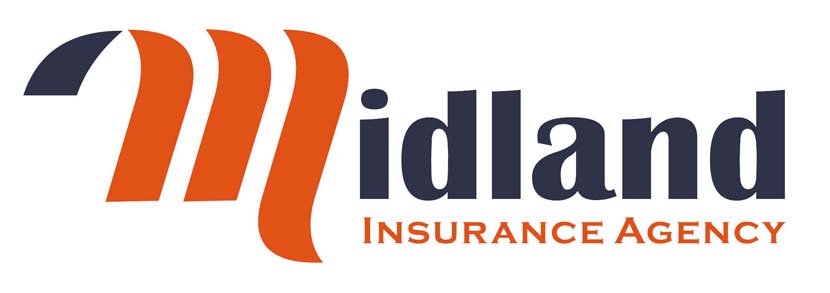Auto Insurance Policy
What is covered by a basic auto insurance policy?
While different states mandate different types of insurance and there are several additional options (such as gap insurance) available, most basic auto policies consist of: bodily injury liability, personal injury protection, property damage liability, collision, comprehensive and uninsured/underinsured motorist.
Note that each type of coverage is priced separately, so there is variability in policy limits and pricing.
Bodily injury liability
Bodily injury liability coverage applies to injuries that you, the designated driver or policyholder, cause to someone else. You and family members listed on the policy are also covered when driving someone else’s car with their permission.
It’s very important to have enough liability insurance, because if you are involved in a serious accident, you may be sued for a large sum of money. It's recommended that policyholders buy more than the state-required minimum liability insurance, enough to protect assets such as your home and savings.
Medical payments or personal injury protection (PIP)
This coverage pays for the treatment of injuries to the driver and passengers of the policyholder's car. At its broadest, PIP can cover medical payments, lost wages and the cost of replacing services normally performed by someone injured in an auto accident. It may also cover funeral costs.
Property damage liability
This coverage pays for damage you (or someone driving the car with your permission) may cause to someone else's property. Usually, this means damage to someone else’s car, but it also includes damage to lamp posts, telephone poles, fences, buildings or other structures your car hit.
Collision
Collision coverage pays for damage to your car resulting from a collision with another car, an object, such as a tree or telephone pole, or as a result of flipping over (note that collisions with deer are covered under comprehensive). It also covers damage caused by potholes.
Collision coverage is generally sold with a separate deductible. Even if you are at fault for the accident, your collision coverage will reimburse you for the costs of repairing your car, minus the deductible. If you're not at fault, your insurance company may try to recover the amount they paid you from the other driver’s insurance company and, if they are successful, you'll also be reimbursed for the deductible.


